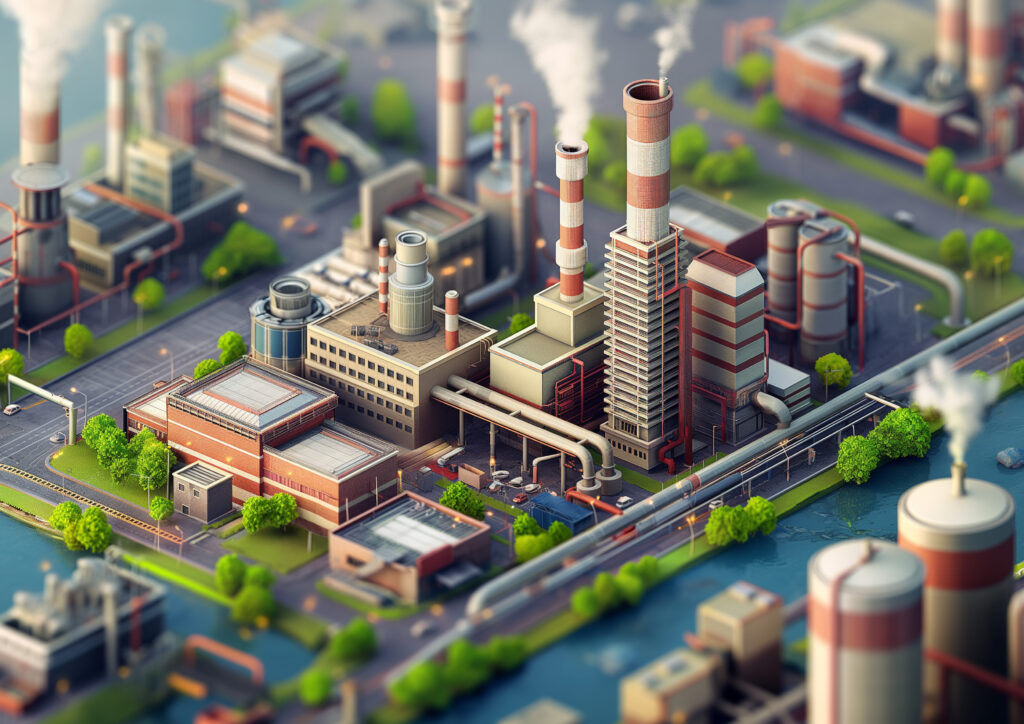By: Prabowo Subianto [excerpted from “National Transformation Strategy: Towards Golden Indonesia 2045,” pages 207-209, 4th softcover edition]
The fate of our nation is in our own hands. If we don’t take bold steps to improve our situation, the state of our country will only worsen. Therefore, in this book, I lay out our collective responsibilities.
First and foremost, we must safeguard national wealth. We need to stop the outflow of national riches abroad so we have the funds to build factories and boost national production. If we allow our wealth to continue flowing out, we’ll eventually run out of resources to fix anything.
We should have our own Indonesian car factories. Given we have the world’s largest nickel reserves, why not produce electric cars? Indonesians buy a million cars each year. Isn’t it time some of those were Indonesian-made?
We also need Indonesian motorcycle factories, our own airplane manufacturing, and to strengthen PTDI (Indonesian Aerospace). Our railcar production must be bolstered, as should our shipbuilding industry. By promoting domestic production, Indonesian youth will have dignified, respectable employment opportunities. We don’t want our children to be laborers forever.
This is the core of the economic strategy presented in this book: Boosting national production and productivity. National production means the goods for the Indonesian market are made by Indonesians, in Indonesia, using Indonesian materials. If other markets want to buy, that’s a bonus. I also want us to export Indonesian-made goods abroad.
If our production is strong, if we minimize imports and create economically valuable goods, especially in food, clothing, basic needs, and energy, that’s real value, isn’t it? Our currency would naturally strengthen. People would seek out and buy the rupiah. Currency strength reflects a nation’s productivity. If our productivity is robust, our currency will be stable.
Looking at the period from 2003-2013, our currency was relatively stable for a decade. Why? Because our exports were strong. But those exports relied on raw materials and commodities. Regrettably, during those profitable ten years, we didn’t pivot to strengthen production or add value through processing.
Yet, I remain highly optimistic. We have fundamental strengths and inherent capabilities. We just need fast and smart management. Indonesia has squandered too many opportunities. With the right national strategy, I’m convinced Indonesia can build a respected industrial strength. We will have respected industrial products. And ultimately, our rupiah will be strong.
